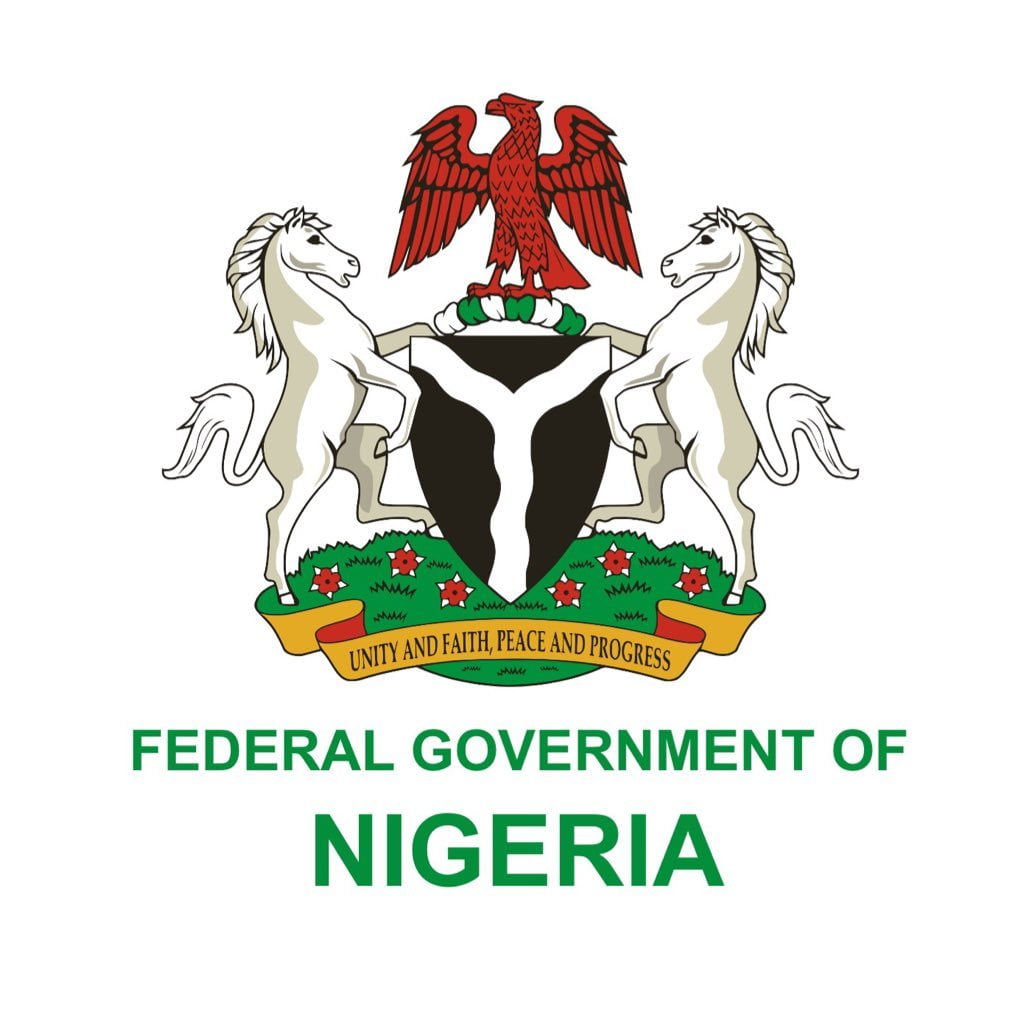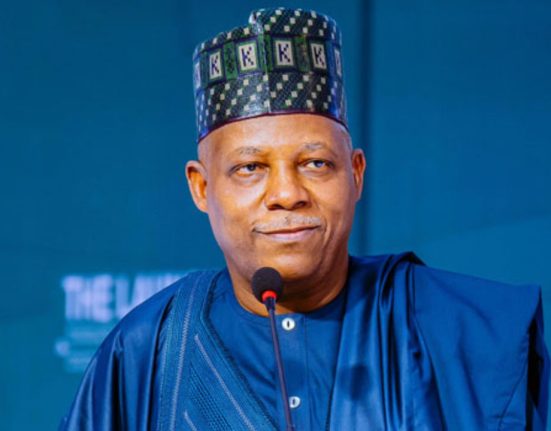ABUJA — After several months of high borrowing, credit extended to the Federal Government dropped significantly to N23.55 trillion in April 2025 — the lowest figure recorded in the past 12 months, according to the latest data from the Central Bank of Nigeria (CBN).
The reduction signals a shift in the government’s borrowing strategy, potentially driven by improved revenue inflows, better fiscal discipline, and a deliberate move to reduce pressure on the domestic debt market.
Analysts say the drop in credit — down from a peak of over N27 trillion recorded late in 2024 — may also reflect the government’s renewed focus on foreign financing options and development partner support, including multilateral loans with lower interest rates.
The decrease comes amid efforts by President Bola Tinubu’s administration to retool public finance management, reduce deficit financing through Ways and Means advances, and curtail inflationary pressures associated with excessive borrowing.
A breakdown of the report indicates that credit to the private sector grew modestly during the same period, suggesting a gradual shift of liquidity towards the productive economy and enterprise financing.
Financial experts have welcomed the development as a positive sign of fiscal consolidation.
“This is a good move toward debt sustainability,” said Dr. Olufemi Bamidele, a Lagos-based economist. “Local borrowing had been crowding out private sector access to credit, so this reduction allows for more lending to businesses.”
Despite the reduction, Nigeria’s overall public debt profile remains a concern, with the Debt Management Office (DMO) recently estimating total public debt stock at over N97 trillion as of Q1 2025.
The Federal Government is expected to continue balancing domestic and external financing while pursuing reforms to expand revenue generation and reduce its reliance on debt.







